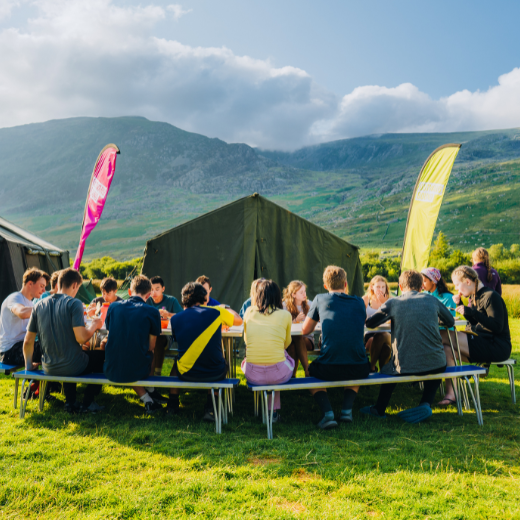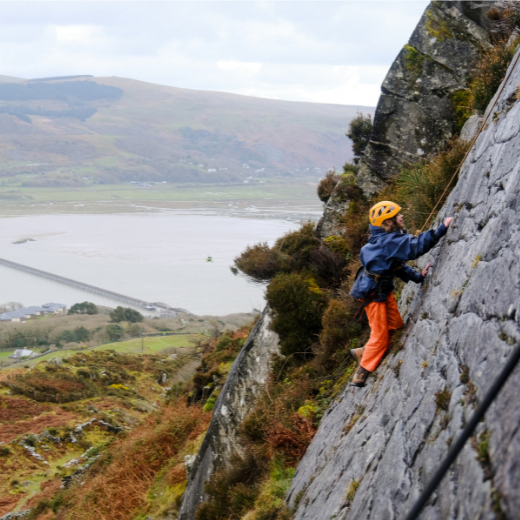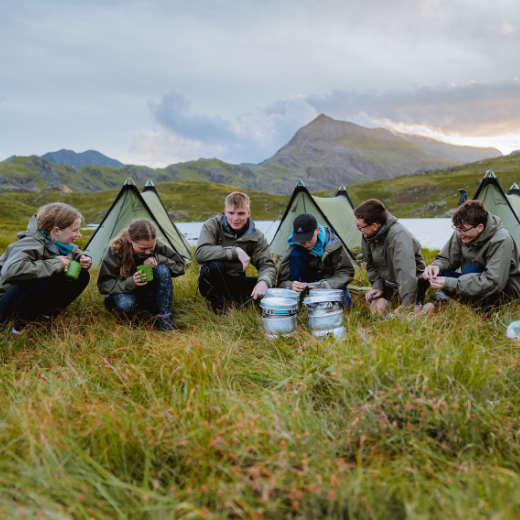Is It Time to Rethink What We Value in Education?
It's a question that might ruffle some feathers, but it's one we can’t afford to ignore. With the most recent consultation on the Residential Outdoor Education Bill in Scotland now closed, we’re faced with an important decision: What do we truly value in our education system?
At Outward Bound, we’ve been championing the power of the outdoors to transform lives since 1941. So, when we hear about the push to guarantee every school pupil in Scotland the chance to experience a residential outdoor education, we’re all in. But it’s not just because we’re "outdoorsy." It's because we believe something fundamental is at stake here.
Let’s be clear: we’re not saying the traditional classroom is the enemy. Far from it. Classrooms are where young minds are shaped, where knowledge is nurtured, and ideas are tested.
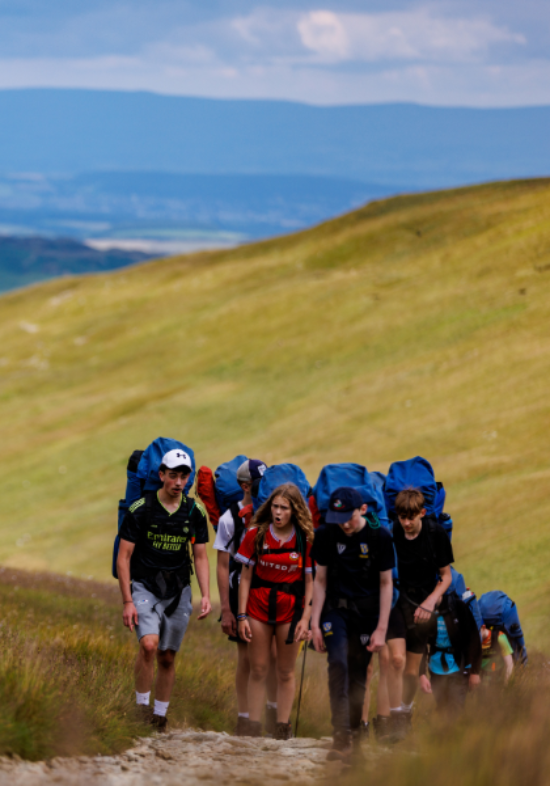
But is it enough? Is it enough to learn inside a classroom, without also giving them the chance to test their resilience, build their confidence, and connect with the natural world outside of one?
Outdoor residentials offer something that classrooms simply can’t: the chance to step out of the familiar, to face challenges head-on, and to discover strengths they never knew they had. It’s about more than just fresh air and exercise—it's about learning to navigate uncertainty, to work as a team, and to develop the kind of grit and determination that no textbook can teach.
But here’s the controversial bit
Why isn’t this type of education mandatory? If we accept that subjects like Maths, Science, and Literature are essential, why are we so hesitant to make outdoor learning a guaranteed part of the curriculum? Why should it be a privilege, rather than a right, for every young person?
The Bill proposed by Liz Smith (MSP) aims to level the playing field, ensuring that every pupil, regardless of their background, gets the chance to experience the life-changing benefits of outdoor education. But why stop there? What if we treated outdoor learning with the same seriousness as academic subjects? What if we recognised that the skills learned outside the classroom are just as vital for a young person’s future?
Time and again, teachers tell us how transformative a residential experience is—not just for their pupils, but for themselves.
Consider the potential impact beyond just education. Outdoor residentials can play a pivotal role in supporting various government initiatives, from the development of resilience in young workers entering challenging industries like green energy and farming to addressing the critical issue of behaviour and relationships in schools post-pandemic.
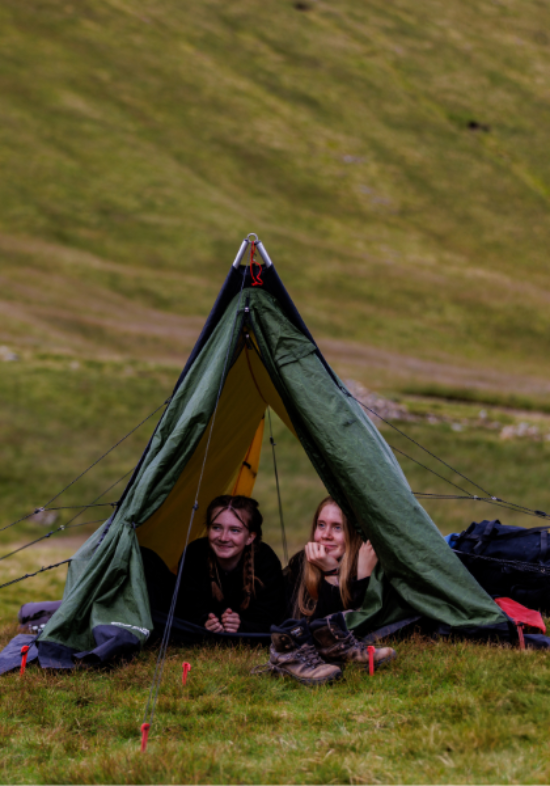
We've seen firsthand how outdoor education can help build stronger school communities, improve pupil behaviour, and even contribute to closing the attainment gap through programmes like our Adventure and Challenge Award (SCQF Level 5).
There’s also a broader economic benefit to consider. It may sound cliché but many outdoor centres are the backbone of rural communities, providing employment and attracting families to areas that might otherwise face depopulation. By investing in outdoor education, we’re not just investing in young people—we’re supporting Scotland’s most fragile communities to thrive.
And let’s not forget the teachers. The pressure on educators is immense, with tight budgets and challenging classroom environments. Yet, time and again, teachers tell us how transformative a residential experience is—not just for their pupils, but for themselves. It’s a chance to connect with their students on a deeper level, to see them grow in ways that are often impossible within the confines of a classroom. The fact that 80% of schools that visit Outward Bound, also rebook with us speaks volumes.
So, as we stand on the brink of what could be a transformative shift in Scottish education, we’re asking: Is it time to rethink what we value in education? We believe it is. And we believe that by embracing outdoor learning as a core part of the curriculum, we can help our young people not just survive but thrive in an increasingly complex world.
